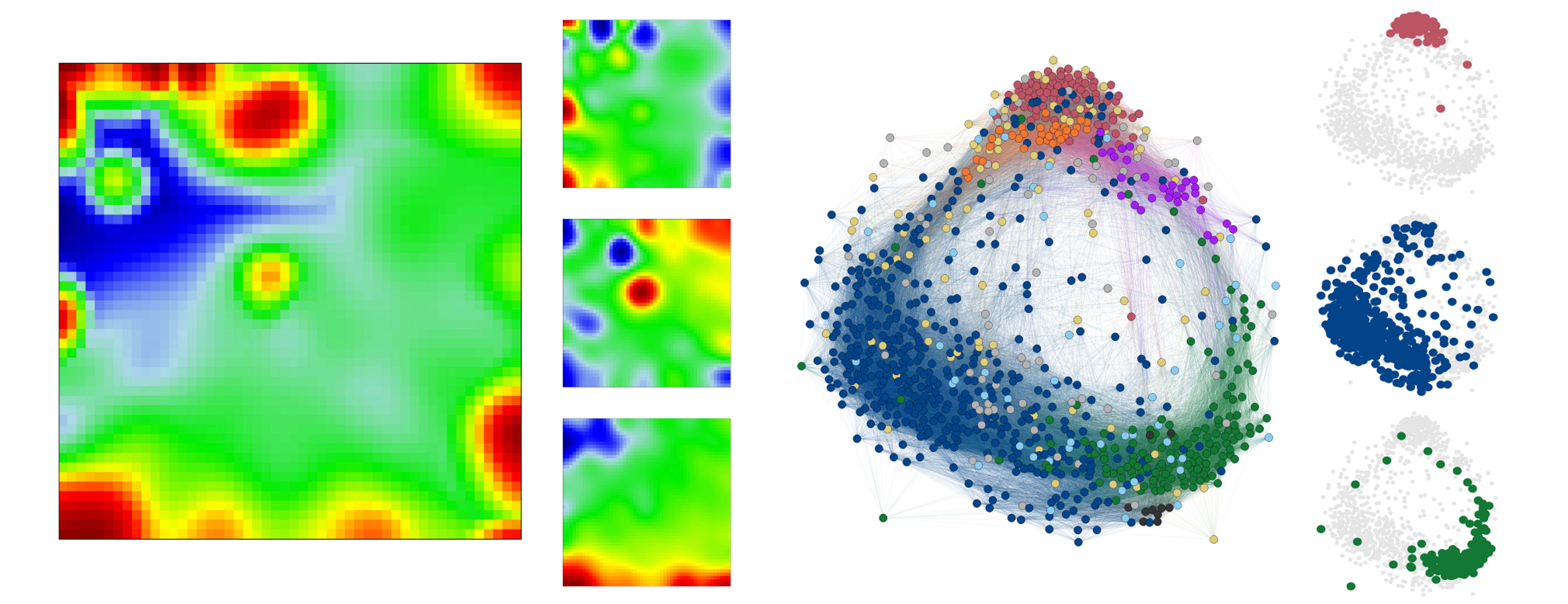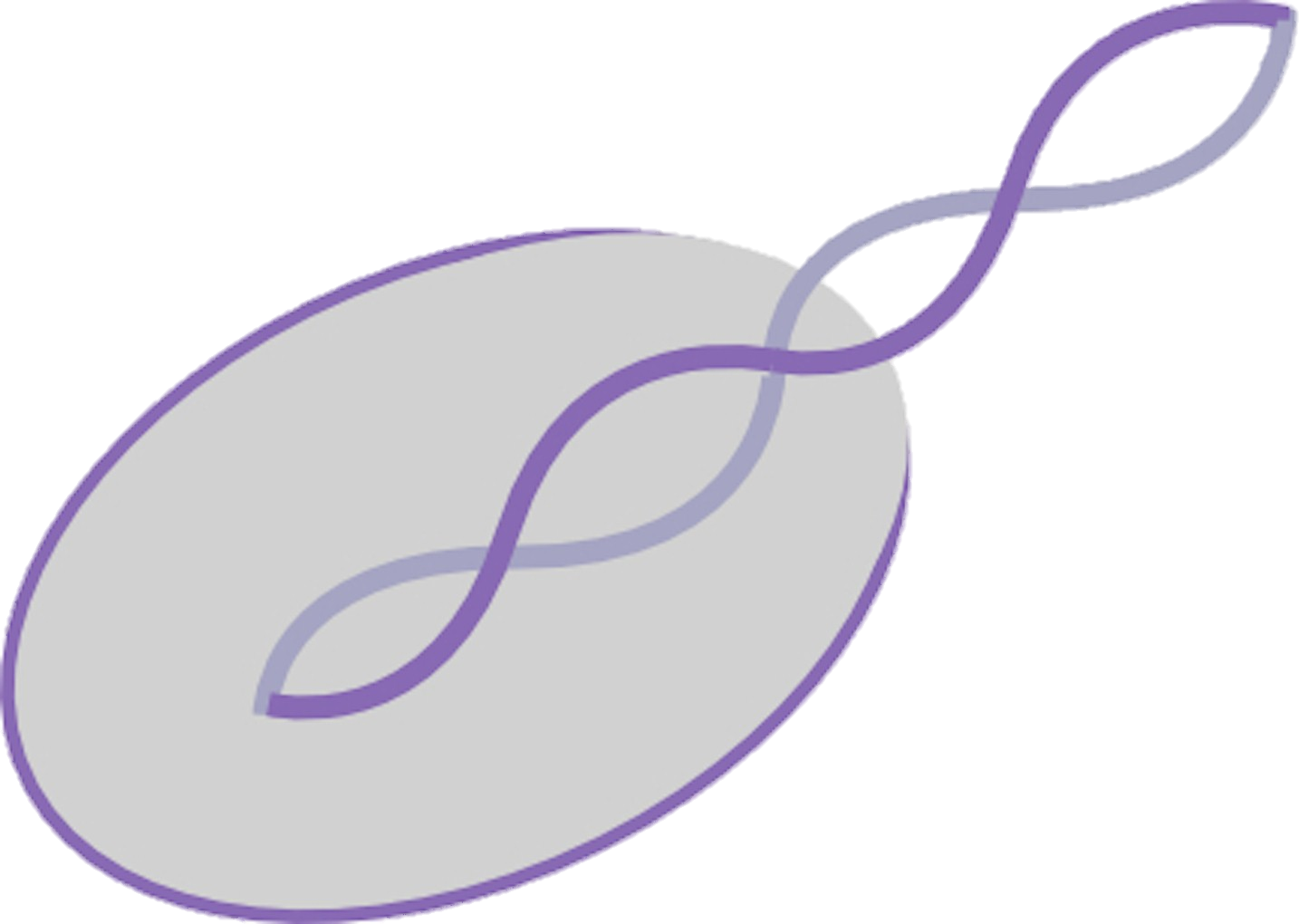reserchers decode the genome of 38 cancer types

the picture visualizes the genomic diversity of lymphomas: each point is a cancer patient, colored according to different lymphoma types, each with a different diagnosis, treatment option and prognosis
-> click here: https://www.uni-leipzig.de/newsdetail/artikel/1300-forscher-entschluesseln-das-erbgut-von-38-krebsarten-2020-02-12/
It is a gigantic project: 1,300 scientists from 37 countries have examined the genome of 38 cancers. They found that the genes showed early signs of later cancer. This opens up new possibilities for therapy. Leipzig scientists were also involved in the discovery, especially in the analysis of the DNA material. The results of the Pan-Cancer Analysis of Whole Genomes group were recently published in „Nature“.
In the most comprehensive meta-analysis to date, the international research team has examined 2,700 cancer genomes of different types of tumors. Among other things, they found that each of these genomes has about four to five driver mutations. These are changes in the genetic make-up that among other things make the tumor cells grow faster. These drivers were also evident in non-coding DNA sequences, i.e. in the sections that control gene expression. Some of these changes can be detected in the genes decades before the onset of the disease.
Researchers from the University of Leipzig are among the authors of the study: Prof. Dr. Markus Loeffler, Director of the Institute for Medical Informatics, Statistics and Epidemiology (IMISE), Dr. Hans Binder, managing director and research group leader at the Interdisciplinary Center for Bioinformatics (IZBI), and Prof. Dr. Peter Stadler from the Institute of Computer Science, Chair of Bioinformatics and their working groups. They analyzed sequence data from malignant lymphomas, cancer of the lymph glands.
DNA mutations, disorders of DNA methylation and related changes in gene expression, i.e. gene activity, were examined in detail. „We have developed and applied bioinformatics methods that can differentiate cancer types by comparing nucleotide sequences, i.e. the sequence of nucleotides in certain DNA areas, or the frequency of read RNA copies in samples from cancer patients,“ says Dr. Hans Binder from the IZBI. The Leipzig bioinformaticians were able to make a significant contribution to understanding the molecular causes of the disease and the heterogeneity of this cancer. You have been active in various areas of cancer genome research for more than ten years and occupy a leading position internationally. Work from the worldwide project is now being continued and focuses on clinical applications.
To the „Nature“ issue „Cancer Cataloged“
To the leading paper in „Nature“
Series in „Nature Research“
